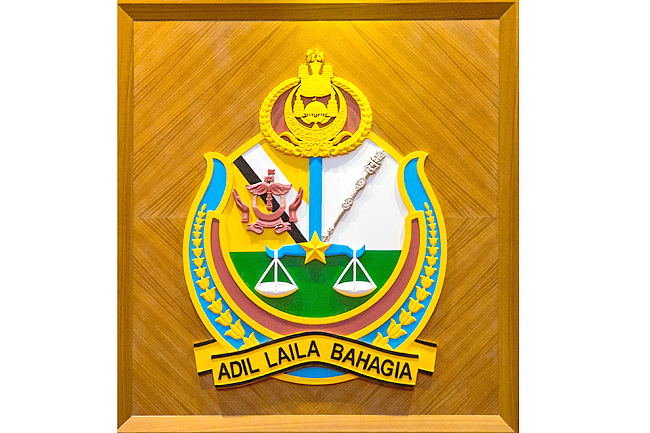Brunei: Drop in foreign workers
A 2017 LABOUR force study carried out by the Department of Economic Planning and Development under the Ministry of Energy, Manpower and Industry showed that the number of foreign workers in the country had dropped from 52,161 in 2014 to 47,490 in 2017, which is a decrease of 4,671 persons, said Minister of Energy, Manpower and Industry Yang Berhormat Dato Seri Setia Dr Awang Haji Mat Suny bin Haji Mohd Hussein.
He was responding to a question raised by Legislative Council (LegCo) member and Penghulu of Mukim Tanjong Maya Yang Berhormat Haji Abdul Wahab bin Apong on employment opportunities for locals.
The minister added that out of the 24,433 jobseekers registered with JobCentre Brunei in 2018, 9,841 (40 per cent) have been identified as having no previous work experience, while the remainder were already employed but eager to explore new jobs.
In 2018, as many as 2,764 job vacancies were filled through JobCentre Brunei, with 1,905 (69 per cent) going to those with ‘O’ Level qualifications; 447 (16 per cent) to Diploma holders; 180 (six per cent) to university graduates; 132 (five per cent) to those with ‘A’ Level qualifications; and 100 (four per cent) to HND holders.
In December 2018, 1,990 graduates participated in i-Ready Apprenticeship programme.

Minister of Energy, Manpower and Industry Yang Berhormat Dato Seri Setia Dr Awang Haji Mat Suny bin Haji Mohd Hussein. – BAHYIAH BAKIR
On employment opportunities for locals, the minister said, “This matter needs to be addressed in a holistic approach, which includes several factors not limited to limiting foreign workers.
“It covers broader issues that need to be considered in a holistic plan, based on providing jobs for skilled, competent and employable people; the continuous development of the economy to generate employment opportunities; the preparation of policies, legal framework and incentive schemes to make sure that locals will be given encouragement and priority in the job market; and lastly, monitoring and dissemination so that all stakeholders are on the same direction in implementing planned programmes, and with increased transparency in information to ensure that planning and initiatives are always relevant to current developments.
“Based on the employer’s census of 2016, most foreign workers are in construction, manufacturing, agriculture, forestry and fisheries, accommodation, and goods and services activities, as well as wholesale and retail. In addition, there is also a dependence on professionals in various sectors at the supervisory levels and above, as sometimes there are not enough local workers with the required skills and experience for the positions.”
Despite the dependence on foreign workers in certain sectors, he said, “This should not go on forever; it should be addressed in stages, by carrying out training and the upgrading of skills, as well as the ability to provide local employment to fill in the positions, so that the agenda for national interests such as agriculture will not be adversely affected.
“Therefore, systematic succession planning is the approach in addressing the issue in the long term as well as empowering locals to be the main choice of employers.”
The minister highlighted the Bruneianisation Directive introduced on June 21, 2018, for major oil and gas companies operating in the upstream, midstream and downstream sectors.
This move was intended to encourage the companies to increase their intake of local workers in all levels through succession planning and the upgrading of skills systematically, until 90 per cent of jobs are occupied by locals.
He also outlined the achievements of the Directive in ensuring the participation of locals in leading oil and gas sectors; maximising employment opportunities for locals on all levels; producing locals who are competent in various fields, including management; and maintaining capable local employees to ensure the continuous development of the country’s oil and gas industry.
Beside this, he said, “With the increase of locals in management positions, it is hoped that the management sector will also take into serious account the welfare and recruitment of locals. Insya Allah, the Bruneianisation Directive will be extended to other sectors. This matter is in discussion with the relevant parties, so that it can be carried out smoothly according to the status of each sector.”
He also pointed out that “The preparation of programmes to equip locals with the implemented, especially for sectors that still have a high number of foreign workers. This will require close cooperation between private sectors, educational institution and the government.
“Therefore, programmes that meet the needs of the industries are being reviewed by the Ministry of Energy, Manpower and Industry, the Ministry of Education, Institute of Brunei Technical Education, and higher educational institutions with relevant parties from the private sector.”
Source: https://borneobulletin.com.bn/drop-in-foreign-workers-2/


 English
English




